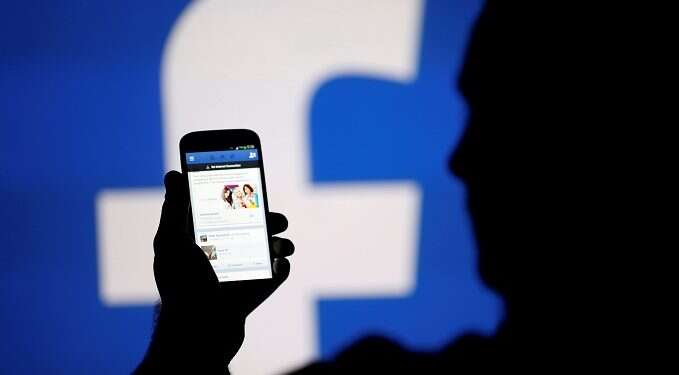Facebook on Monday announced that starting in late March, just ahead of Israel's April 9 general election, political ad buyers will need to have their identities confirmed before placing ads.
Each ad will also be entered into a publicly searchable archive named "Ad Library" with detailed information on who paid for it and the people it has reached.
The rules are similar to those the company put in place last year in the U.S., Great Britain and Brazil.
Facebook and other internet companies are scrambling to respond after coming under fire for not doing enough to stop misuse of their platforms by groups trying to sway elections.
Under the new system, political ads on Facebook will carry "paid for by" disclaimers that, when clicked, will take users to the searchable library, where they will be able to find out how much money was spent on the ad, how many times it was seen and the age, gender and location of the people who saw it.
"These tools will cover not only electoral ads but also so-called issue ads, ads which don't explicitly back one candidate or political party but which focus on highly politicized topics like immigration," said Nick Clegg, Facebook's head of global policy and communication, in a speech in Brussels.
MK Revital Swid, who focuses on the impact of social media on society, said, "It's good that Facebook has risen to meet the challenge at the last moment, and will contribute to mitigating the phenomenon."
In addition to Israel, the company will launch the same political ad system for elections in India and Ukraine in the coming months before it's expanded globally in June.
In another move aimed at allowing more oversight, the company is also looking at setting up an independent board to hear appeals over Facebook's content decisions.
Facebook, which also owns Instagram and WhatsApp, has automated systems that prevent 1 million fake accounts from being registered every day, Clegg said.
The company is also planning to set up two regional operations centers focused on election integrity in Dublin and Singapore, to help support its efforts to combat fake news.
"We now have more than 30,000 people working on safety and security across the company, three times as many as we had in 2017," the company said in a statement.
"These teams will add a layer of defenses against fake news, hate speech and voter suppression," Facebook said.




